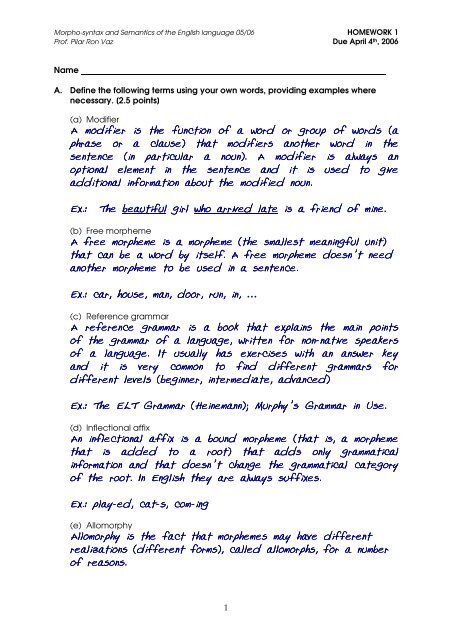

Neophyte (from the Latin term neophytus, “newly planted” or “newly converted,” from the Greek word neophytos): A beginner or a convert. Layperson (from the Latin term laikos, “of the people”): A non-gender-specific variation of layman, originally denoting someone who is not a member of the clergy but now a general reference to someone who is not part of a particular profession or does not have expertise in a given subject matter.ġ2. Greenhorn (from an obsolete English word referring to the new horns of a young horned mammal): Refers not only to a naive, inexperienced person but also to someone unfamiliar with customs or procedures. Freshman (derived from fresh, as in “new to a situation,” and man): Originally referred only to a first-year student now also denotes a politician or an athlete at the beginning of their career.ġ0. Fledgling (ultimately from Old English fleogan, “to fly”): Originally, use was confined to the literal meaning of “a young bird just learning to fly” now, it is also a rare informal, condescending term for a young, inexperienced person (and is used to refer to a new enterprise).ĩ. Cub (from the word for a young animal): A young, inexperienced person, as in the expression “cub reporter,” referring to a new journalist.

Colt (from the Old English term for a young horse): A young, inexperienced person. Boot (from Anglo-French bote, “boot”): A US Navy or US Marine Corps recruit, perhaps from “boot camp”). Babe (from the Middle English word coined in imitation of baby talk): An inexperienced person, with a condescending connotation of naivete.ĥ. The term is used in a naval enlisted rank (“seaman apprentice”) and for the lowest level in Freemasonry (“entered apprentice”).Ĥ. Apprentice (from the Latin term apprendere, “to learn”): One in the midst of hands-on training originally denoting someone bound by a contract to train with a craftsperson, but now employed simply to refer to someone inexperienced. Amateur (from the Latin term amator, “lover”): Someone who engages in an area of skill or expertise without remuneration, or, derogatorily, a person without experience or ability.ģ. Abecedarian (from the Latin term abecedarius, “of the alphabet,” coined from linking the first four letters of the alphabet with vowels to form a pronounceable word): One in the early stages of learning.Ģ. There are a lot of terms used to identify a beginner - many of them condescending or derogatory, so pay attention to connotation before employing any of these synonyms:ġ. 25 Synonyms for “Beginner” By Mark Nichol


 0 kommentar(er)
0 kommentar(er)
